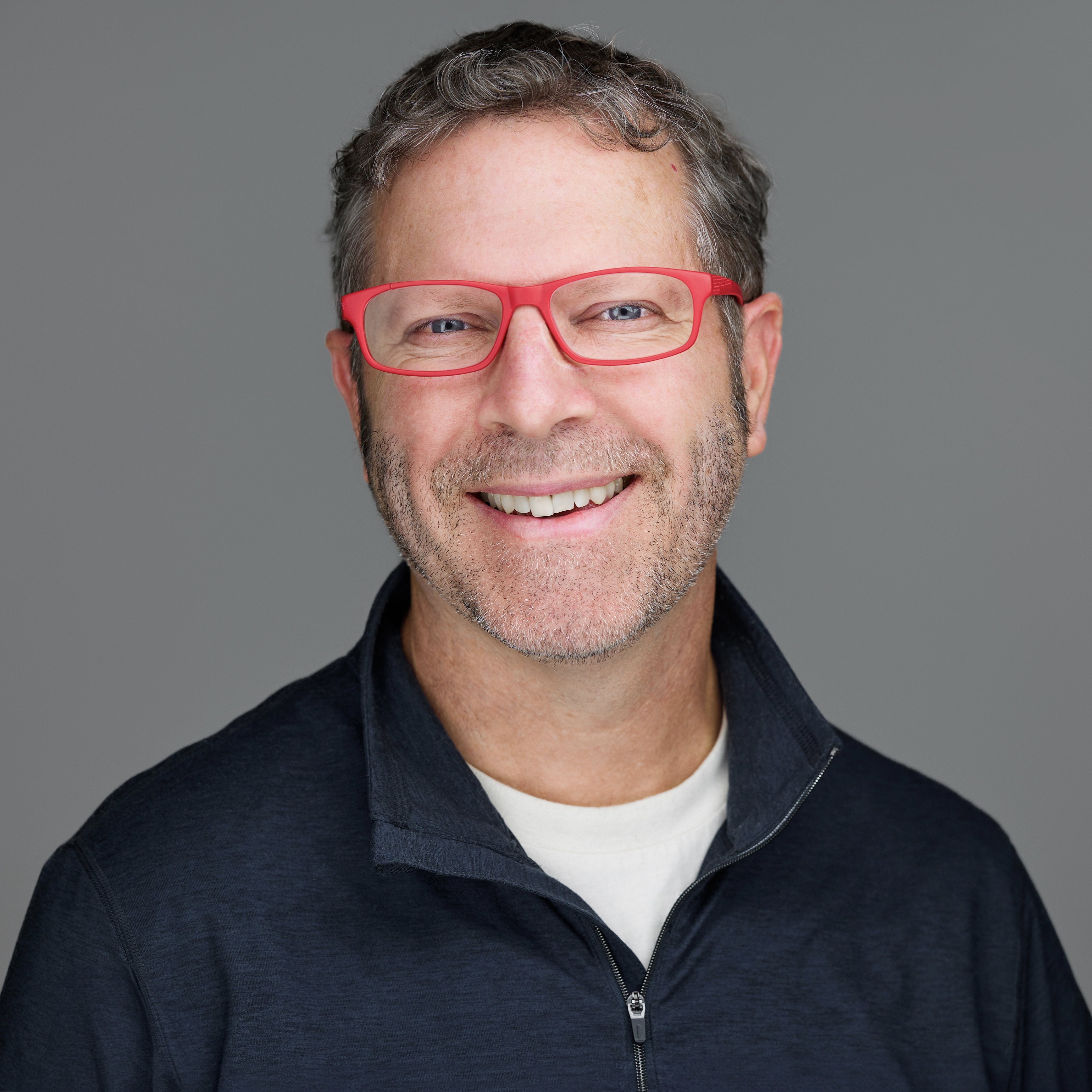Join Sean for
Varieties of Integral
A 13-Week Course in Big Picture Thinking for a Metamodern Planet
June 16th to Oct 5th, 2025
Join integral pioneer and meta-mind extraordinaire Sean Esbjörn-Hargens Ph.D. for a 13-week Big Picture course in exploring the most important and interesting integrative metatheories on the planet. The 13 integrative metatheories showcased in this course are listed below in the order we will cover them.
- Introduction: Mark Edward’s Integral Meta Studies
- Charles Johnston’s Creative Systems Theory
- Ken Wilber’s Integral Theory
- Edgar Morin’s Complex Thought
- Roy Bhaskar’s Critical Realism (metaReality)
- Paul Marshal’s Complex Integral Realism
- Metamodernism (Dutch & Nordic Schools)
- Gregg Henriques’ Unified Theory of Knowledge
- David J. Temple’s Cosmoerotic Humanism
- Jason A. J. Strom’s Process Social Ontology& Metarealism
- Bobby Azarian’s Poetic Meta-Naturalism/Unifying Theory of Reality
- Sean Esbjörn-Hargens’ Exo Studies
- Wrap UP: Archdisciplinary Musings
We will start with Mark Edward’s ground-breaking approach to Integral Meta Studies, which provides an important framework on how we might approach (and dare I say begin to integrate elements of) all the subsequent Big Picture views we will be considering throughout this course. Then we will explore the 3 most well-developed and robust integrative metatheories associated with American philosopher Ken Wilber (Integral Theory), French transdisciplinary pioneer Edgar Morin (Complex Thought), and British philosopher of science Roy Bhaskar (Critical Realism). These three integrative metatheories have a substantial primary and secondary literature and have been applied to dozens of disciplines and domains. This is followed by an examination of Complex Integral Realism which draws on the unique strengths of each of these three integrative metatheories and proposes a synthetic meta-version of them. Next, we will then take a look at Metamodernism with a focus on the Dutch and Nordic schools of thought. Metamodernism has enjoyed a lot of visibility over the last few years and in many ways has helped usher in a whole new era of integrative metatheorizing especially in social, civic, and political contexts. Then we will turn our attention to a number of newer integrative metatheories that have emerged over the last 5-10 years. This will allow us to reflect on the current landscape of Big Picture thinking across the planet – how it has been influenced by some of the pioneering Big Picture approaches reviewed earlier in the course and how it is also bringing something new to the global moment. We will end on considering Archdisciplinarity’s effort to take a Big Picture view of all of the Big Picture views out there – those covered in this course and more.
This is a first of its kind course and will be a unique opportunity to engage with scholar-practitioners associated with a wide range of Big Picture approaches. As pioneer in the integrative metatheory space for over two decades Sean is uniquely capable of holding and facilitating a dynamic integrative and applied discussion of all these approaches that is equal parts: meta-theoretical, open-hearted, and embodied. See his bio below for an overview of his lifelong commitment to Big Picture thinking.
Cost & Schedule
Starts the week of June 16th and goes till Oct 5th, 2025
Each week, there will be a live call on:
- Thursdays @ 8:00 – 9:00 PM
- Except for July 24th, September 11th and 25th
Approximately every other week there will be a live call on:
- Tuesdays @ 1:00 – 2:00 PM
- Exact dates: 6/24, 7/8, 7/29, 8/12, 8/26, 9/16, 9/30
All times listed are in the US Eastern time zone (i.e. New York time).
We will use a course space for conversations each week. All calls will be recorded and posted in this space.
The course space will be opened on June 9th so that participants who have paid can begin to connect and review materials posted.
If you have any questions about the course, email sean@metaintegral.com.
Cost: $495 USD.


SEAN ESBJöRN-HARGENS PH.D.
Sean Esbjörn-Hargens Ph.D. has been a global leader of the application of integrative metatheories for over two decades. Through his numerous activities, projects, and writings, he has made notable contributions to developing “metaintegral” approaches to the fields of education, ecology, mixed-methods research, psychology & consciousness studies, philosophy of science, anomalous studies, organizational development, and post-capital models of measuring social impact.
As an undergraduate at Lewis & Clark College in Portland Oregon Sean took so many courses during his 4 years that he graduated with 6 years of courses. In other words, he managed to squeeze 6 years of course work into 4 years. This was a result of his insatiable integrative mind and its desire to understand Reality. Thus, he took as many courses as he could each quarter – almost double what his peers were taking. Basically, he triple majored in philosophy, psychology and biology in an effort to understand animal consciousness – the focus of his honors thesis. After graduating he joined Peace Corps and when to Chad Africa where among other things he read over 200 books in his mud hut and discovered the work of Ken Wilber. Upon returning to the United States he got in touch with Wilber and was subsequently invited to be part of the Integral Institute (I-I) which was just then forming in 1999. Fun fact: Sean met his wife at Ken Wilber’s house at one of the early I-I meetings! Sean worked closely with Ken for the next decade.
In 2004 Sean founded and served for nine years as executive editor of the Journal of Integral Theory and Practice an academic peer-reviewed journal. Sean is the founding editor of the SUNY series in Integral Theory. He also co-founded and hosted the Integral Theory conference in 2008, 2010, 2013, and 2015. Since 2008 twelve volumes have been published. He has published and edited numerous articles, chapters, and books. His most recent books are Metatheory for the Twenty-first Century (2015), Dancing with Sophia: Integral Philosophy on the Verge (2019), and Big Picture Perspectives on Planetary Flourishing (2023). He is currently co-editing a third anthology on integrative metatheory for Routledge.
Sean has created a number of unique graduate level certificate and master’s programs in Integral Theory at Fielding Graduate University and John F. Kennedy University. Currently, he is the Dean of Integral Education at the California Institute for Human Sciences (CIHS). Also, at CIHS he is the Program Director of the online MA/PHD program in Integral Noetic Sciences, which takes an integrative metatheoretical approach to the scientific study of consciousness with a focus on noetic and anomalous experiences. At CIHS he also runs the Center for Applied Integrative Metatheory.
In 2011 he founded MetaIntegral a social impact network that supports change leaders around the world in applying integrative principles. He serves an executive coach working primarily with CEOs and is a consultant to a variety of mainstream and progressive mission-driven companies. Sean is currently the Chief People and Culture Officer at E&I Cooperative Services a 120-person company serving higher education. At E&I he is actively creating an integral organization based on Robert Kegan’s Deliberately Developmental Organization (DDO) framework and the principles of Frederic Laloux’s Teal Organizations.
Sean has been on the leadership team or advisory board of ten companies, NGOs, and foundations across multiple sectors, including international development, fast-moving consumer goods, sustainability, education, and community health. He has lived in the USA, Chad, Kenya, Bhutan, and England and worked in nine countries.
Sean has been a long-time serious meditator and practitioner within several contemplative and esoteric traditions including Tibetan Buddhism, Russian Orthodoxy, A. H. Almaas’ The Diamond Approach, The Ceile De Celtic tradition, the Neoplatonic & Hermetic traditions.
